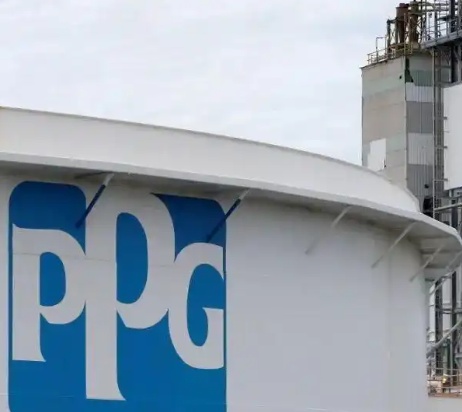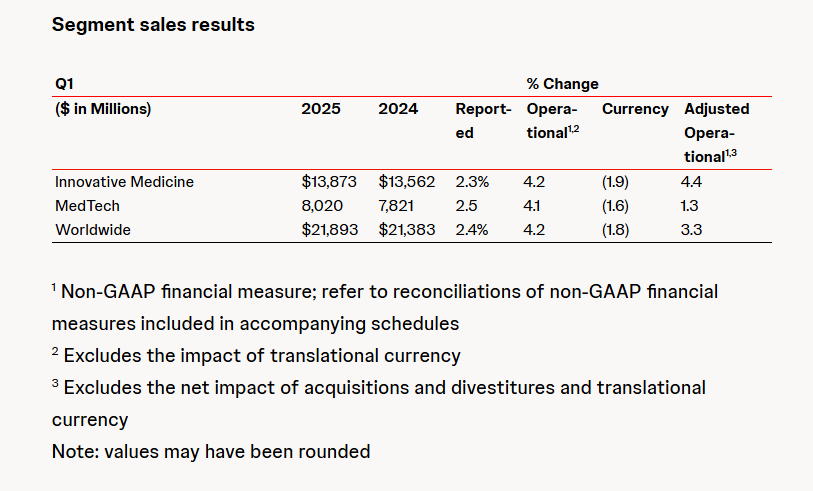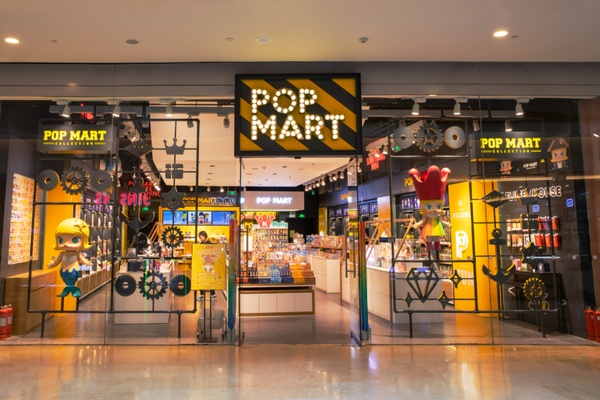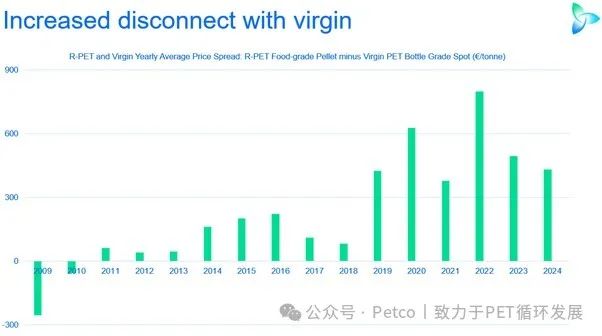Key Points at a Glance
-
The new tariffs will take effect from April 2nd.
-
The U.S. steel industry believes that the move will provide support to key customers.
-
Canada will manufacture cars domestically.
On March 25, U.S. President Donald Trump ordered a 25% tariff on all imported cars and light trucks starting from April 2, and a similar tariff on auto parts starting from May 3.
The U.S. steel industry hopes that imposing tariffs on imported cars will boost production for its main customers. In 2024, the demand for steel in the U.S. automotive industry is very weak, and steel manufacturers state that slowing the influx of imported cars will help revive domestic demand for steel used in automobiles.
On March 25, Trump told reporters, "We will impose a 25% tariff on all cars not made in America."
Currently, Mexico, Canada, and South Korea can export cars to the United States without paying tariffs, while other countries exporting passenger cars must pay a 2.5% tariff, and those exporting light trucks must pay a 25% tariff. According to news from the White House, the new tariffs announced by Trump will be added on top of the existing tariffs, and no country will be granted exemptions.
Trump said, "This is for the automotive industry, which will continue to stimulate growth and bring about growth that was never seen before I was elected. If cars are made in the USA, there will be no tariffs. This means many companies will experience good development because they have already built factories, but the factory capacity has not been fully utilized."
On March 24, American steel manufacturer Cleveland-Cliffs announced that its steel plant in Dearborn, Michigan, would suspend operations due to weak demand for automotive steel. The company believes that Trump's policies will revitalize U.S. automobile production, enabling the restart of the plant's operations.
Hyundai Steel said on March 25 that it plans to build a steel plant in Louisiana with an annual production capacity of 2.7 million tons by 2029.
Canada's reaction
On March 25th, Canadian Prime Minister Mark Carney announced the establishment of a $2 billion Strategic Response Fund to support Canada's automotive industry in coping with Trump's tariff measures.
Carney stated, "This will strengthen the entire automotive supply chain in Canada, from raw materials to finished vehicles."
Canny said that the Liberal Party plans to build a "pan-Canadian" network for manufacturing automobile parts, "which will help us resist the trade threat posed by President Trump."
Canada supplies the majority of the U.S.'s aluminum consumption, but Carney now considers cross-border trade a weak point in the long-standing trade dispute with the U.S.
The next step of reciprocal tariffs
Trump said, "Next week we will welcome an important moment. April 2 is 'Liberation Day,' when reciprocal tariffs will be implemented. I think people will be impressed."
The Trump administration had previously said that it planned to implement measures equivalent to the tariffs imposed by other countries on the United States starting from April 2. On March 26, Trump said that the United States would honor this commitment.








